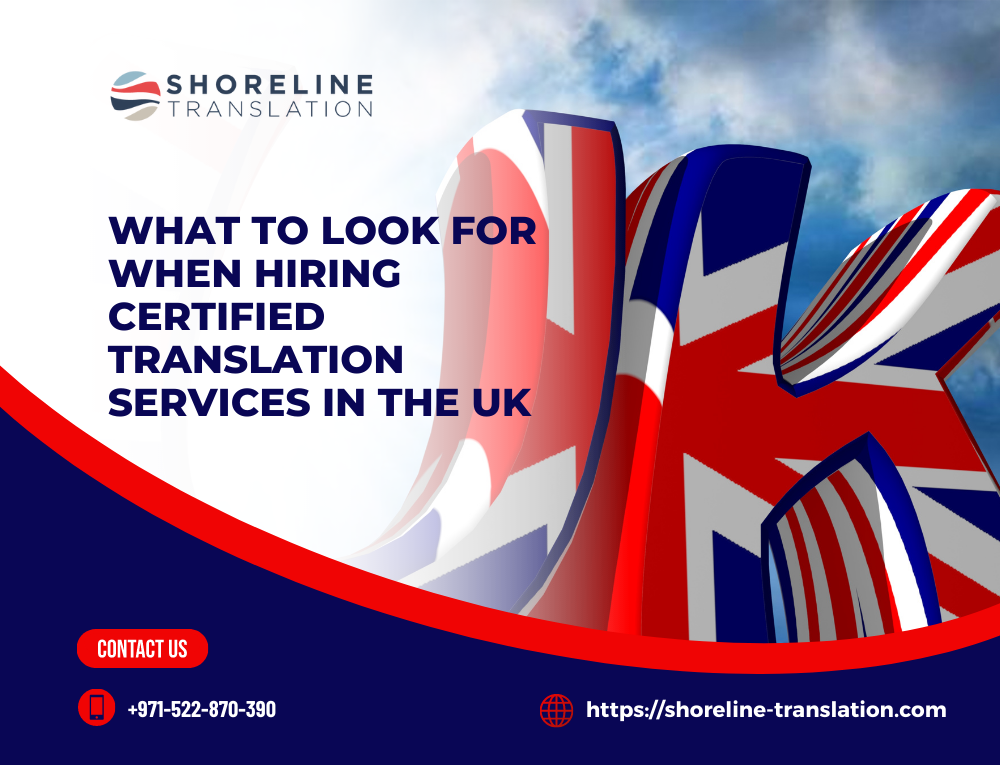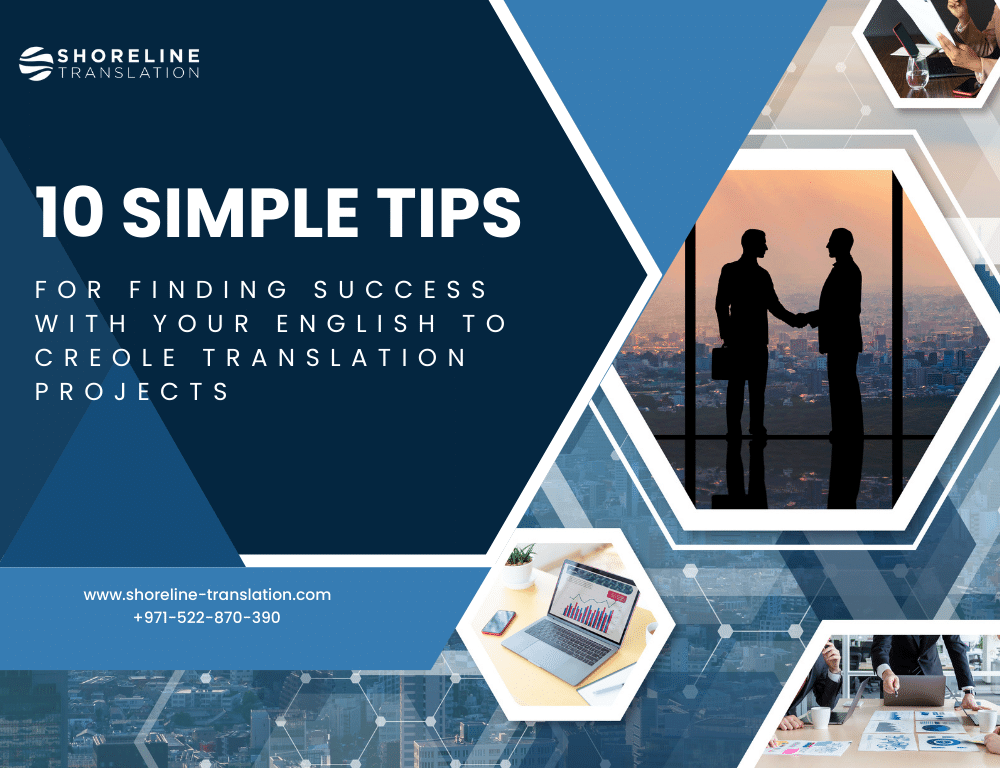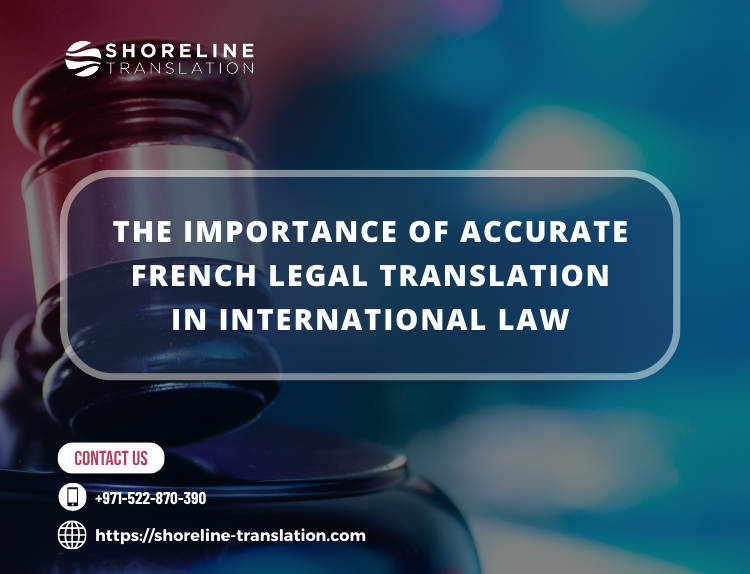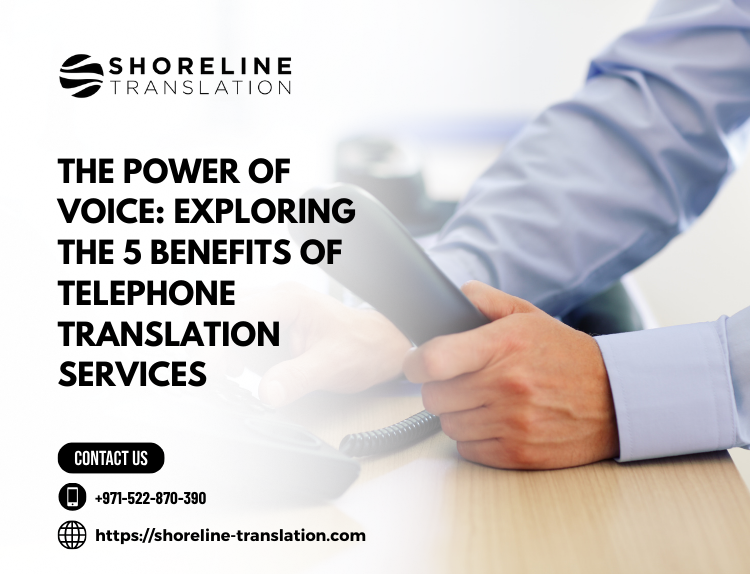Table of Contents
ToggleTranslate Arabic to English Document for Compliance Audits: Avoiding Legal Pitfalls in Multinational Operations
In today’s globalized business landscape, accurate and certified translation is not just a convenience—it’s a legal necessity. When it comes to compliance audits, especially in multinational operations, the need to translate Arabic to English documents with precision becomes critical. Misinterpretation or mistranslation can lead to severe legal consequences, regulatory penalties, and reputational damage.
This comprehensive guide explores the importance of professional Arabic to English document translation, the legal implications of poor translation, and how partnering with a trusted provider like Shoreline Translation can safeguard your business from costly pitfalls.
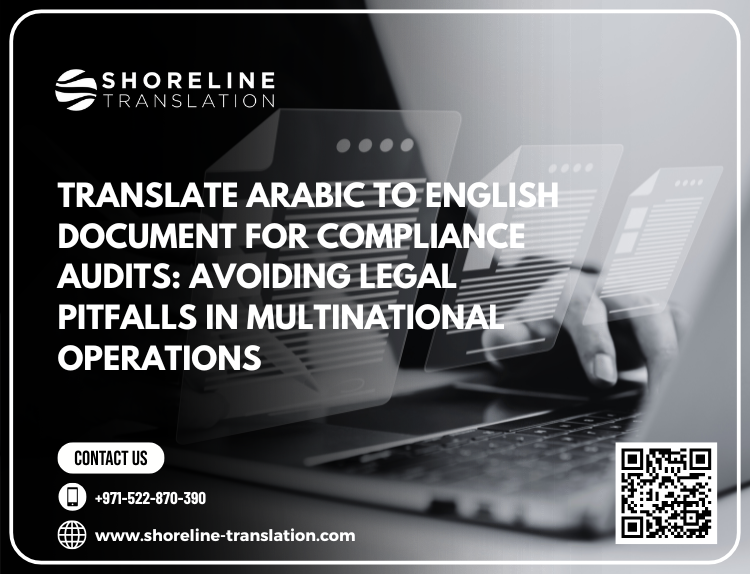
Why Accurate Translation Matters in Compliance Audits
Accurate translation is non-negotiable in compliance audits, as it ensures that all legal, financial, and regulatory documents are correctly interpreted across languages. Misinterpretation of even a single term can lead to costly fines, legal disputes, and reputational damage.
The High Stakes of Compliance
Compliance audits are rigorous evaluations conducted to ensure that a company adheres to legal standards, industry regulations, and internal policies. These audits often involve reviewing a wide range of documentation, including:
- Financial records
- Contracts and agreements
- Employee handbooks
- Safety manuals
- Regulatory filings
For multinational companies operating in Arabic-speaking regions, these documents are frequently drafted in Arabic. To meet international compliance standards, businesses must translate documents from Arabic to English with absolute accuracy.
Legal and Financial Ramifications
A single error in translation can lead to:
- Misinterpretation of contractual obligations
- Non-compliance with international laws
- Financial penalties
- Legal disputes
- Loss of business licenses
In sectors such as finance, healthcare, and energy, where regulations are particularly stringent, the risks are even higher. That’s why Arabic to English translation documents must be handled by certified professionals with domain-specific expertise.
Key Challenges in Arabic to English Document Translation
Translating documents from Arabic to English presents unique challenges stemming from the fundamental differences in their linguistic structures and cultural contexts. These complexities go beyond a simple word-for-word conversion and require a deep understanding of both languages to ensure accuracy and clarity.
Linguistic Complexity
Arabic is a rich and nuanced language with complex grammar, idiomatic expressions, and regional dialects. Translating it into English requires not only fluency but also cultural sensitivity and contextual understanding.
Legal Terminology
Legal documents are filled with specialized terms that must be translated with precision. A literal translation may not convey the intended legal meaning, which can compromise the integrity of the document.
Formatting and Structure
Arabic documents often follow different formatting conventions, such as right-to-left text alignment. Maintaining the original structure while ensuring readability in English is crucial for audit readiness.
Read more about: Arabic to English Translation PDF for Contracts: What Makes It Legally Binding?
Why Choose Certified Translation Services?
Choosing certified legal translation services is essential for official and legal purposes, as it guarantees the document’s accuracy and acceptance by authorities. This formal process provides a crucial layer of trust and legal validity that standard translations lack.
What Is Certified Translation?
A certified translation includes a signed statement from the translator or translation company attesting that the translation is accurate and complete. This is often required for:
- Immigration documents
- Legal contracts
- Financial disclosures
- Government filings
Benefits of Certified Translation
- Legal Validity: Certified translations are recognized by courts, government agencies, and regulatory bodies.
- Audit Readiness: Ensures that translated documents meet compliance standards.
- Professional Accountability: Provides assurance of quality and accuracy.
Read more about: How Mobile App Translation Services Transform Global User Experience: Certification Standards Explained
Shoreline: Your Trusted Partner in Arabic to English Document Translation
Shoreline Translation is a leading provider of certified translation services, specializing in Arabic to English document translation for compliance audits and legal documentation. With a team of native-speaking linguists, legal experts, and industry specialists, Shoreline ensures that every document is translated with precision, confidentiality, and cultural accuracy.
Why Shoreline Stands Out
✅ Native Arabic and English linguists
✅ Legal and regulatory expertise
✅ Fast turnaround times
✅ 100% confidentiality guaranteed
Whether you need to translate a document from Arabic to English for a financial audit or a legal proceeding, Shoreline delivers unmatched quality and reliability.
Industries That Require Arabic to English Translation for Compliance
From legal to finance and healthcare, numerous industries rely on accurate Arabic-to-English translation to meet strict regulatory and compliance standards. This process is essential for navigating international markets and avoiding legal and financial repercussions.
1. Finance and Banking
- Regulatory filings
- Anti-money laundering reports
- Internal audit documentation
2. Healthcare and Pharmaceuticals
- Clinical trial documentation
- Patient consent forms
- Compliance reports
3. Oil, Gas, and Energy
- Environmental compliance documents
- Safety manuals
- Engineering reports
4. Legal and Government
- Court documents
- Immigration paperwork
- International treaties
5. Education and Research
- Academic transcripts
- Research publications
- Accreditation documentation
Best Practices for Arabic to English Document Translation
Best practices for Arabic to English document translation emphasize a combination of linguistic expertise and cultural awareness. A successful translation goes beyond a literal word-for-word exchange, ensuring the final document is accurate, contextually relevant, and legally sound.
Work with Certified Translators
Always choose professionals with certification and experience in legal or technical translation.
Use Translation Memory Tools
These tools ensure consistency across large volumes of content and reduce turnaround time.
Implement a Quality Assurance Process
A multi-step review process involving editors and proofreaders ensures the highest level of accuracy.
Maintain Confidentiality
Ensure that your translation provider has strict data protection policies in place.
Specialized Translation Needs in Regulatory Environments
When businesses seek to translate Arabic to English documents for regulatory purposes, the stakes are often higher than general translation tasks. Regulatory bodies demand not only linguistic accuracy but also contextual and jurisdictional precision. Here’s how specialized translation can help:
Sector-Specific Terminology Mastery
- Certified translators with expertise in fields like finance, healthcare, or energy ensure that technical jargon and regulatory language are accurately converted.
- For example, translating financial disclosures or pharmaceutical compliance reports from Arabic to English requires a deep understanding of both source and target regulatory frameworks.
Cross-Border Legal Alignment
- Multinational operations must align translated documents with the legal standards of the target country.
- A poorly translated Arabic to English translation document could result in non-compliance with GDPR, HIPAA, or other international regulations.
Audit Trail Consistency
- Maintaining a consistent and verifiable translation trail is essential for audit readiness.
- Shoreline ensures that every Arabic to English document translation is archived with metadata, translator credentials, and certification statements to support audit transparency.
Enhancing Business Intelligence Through Strategic Document Translation
Beyond compliance, the ability to translate documents from Arabic to English can unlock critical business insights and competitive advantages. Here’s how strategic translation supports smarter decision-making:
Market Entry and Expansion
- Translating feasibility studies, market research, and local regulatory guidelines from Arabic to English allows businesses to assess risks and opportunities in new regions.
- Shoreline’s expert translators provide culturally adapted content that supports strategic planning.
Contractual Risk Mitigation
- Accurately translated contracts and legal agreements help prevent disputes and ensure mutual understanding in cross-border partnerships.
- A certified Arabic to English translation document can serve as a legally binding reference in international arbitration.
Operational Efficiency and Communication
- Translating internal policies, training manuals, and compliance procedures from Arabic to English ensures uniform understanding across global teams.
- This reduces errors, enhances productivity, and supports a unified corporate culture.
By investing in high-quality, certified translation services like those offered by Shoreline Translation, businesses not only meet regulatory requirements but also position themselves for sustainable global growth.
Secure Your Compliance with Shoreline: Translate Arabic to English Document Today
When it comes to compliance, there’s no room for error. Don’t let a mistranslated document jeopardize your business. Trust Shoreline Translation—the gold standard in Arabic to English document translation. Our certified experts understand the stakes and deliver translations that meet the highest legal and regulatory standards.
👉 Contact Shoreline today for a free consultation and discover how our tailored translation solutions can help you stay compliant, competitive, and confident in every audit.
Frequently Asked Questions (FAQs)
1. Why is certified translation important for compliance audits?
Certified translation provides a legally recognized assurance that a document has been accurately translated. This is essential for compliance audits, where inaccuracies can result in legal penalties or failed inspections. Learn more about certified translation standards.
2. How long does it take to translate a document from Arabic to English?
The turnaround time depends on the document’s length, complexity, and subject matter. However, Shoreline offers expedited services without compromising quality. Contact Shoreline for a customized timeline.
3. Are machine translations acceptable for legal documents?
No. Machine translations lack the nuance and accuracy required for legal and compliance documents. Only certified human translators can ensure the document meets regulatory standards. Read more about the risks of machine translation.
4. What types of documents can Shoreline translate?
Shoreline specializes in a wide range of documents, including:
- Legal contracts
- Financial statements
- Technical manuals
- Medical records
- Government filings
Explore Shoreline’s full list of translation services.
5. How does Shoreline ensure confidentiality?
Shoreline uses secure file transfer protocols, NDAs, and encrypted storage to protect your sensitive data. Learn more about their data protection policies.
Conclusion
In the high-stakes world of multinational compliance, accurate translation is not optional—it’s essential. Whether you’re preparing for a legal audit, submitting a regulatory report, or entering a new market, the need to translate Arabic to English documents with certified accuracy cannot be overstated.
Partnering with a trusted provider like Shoreline Translation ensures that your documents are not only translated but transformed into legally sound, culturally accurate, and audit-ready assets. Don’t leave your compliance to chance—choose Shoreline and translate with confidence.

